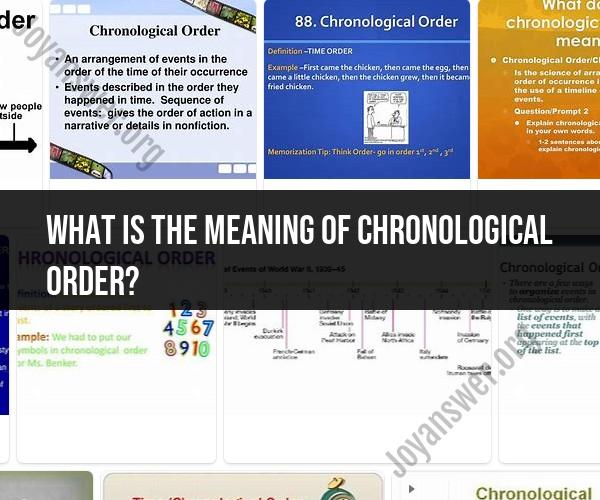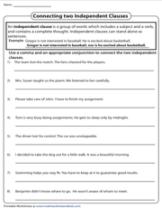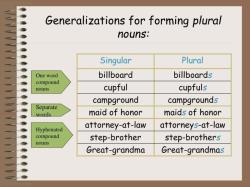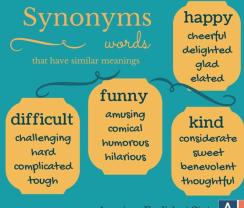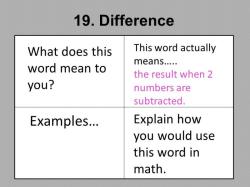What is the meaning of chronological order?
Chronological order is a fundamental concept used to organize information, events, or data in a sequence based on their time of occurrence. By arranging items from earliest to latest, chronological order provides a clear and coherent structure that helps individuals understand the progression of events and the context in which they unfolded.
Understanding Chronological Order:
In chronological order, items are presented in the order in which they happened, creating a timeline that highlights the historical sequence. This approach is commonly used in various contexts:
- Historical Narratives: Chronological order is crucial for recounting historical events and telling stories, ensuring that the events are presented in a logical and accurate sequence.
- Research and Analysis: When conducting research or analyzing data, arranging information chronologically allows for a better understanding of trends, changes, and developments over time.
- Instruction and Learning: Educators use chronological order to teach students about historical periods, literary works, and scientific discoveries, providing a structured framework for comprehension.
- Documenting Processes: In procedural documentation, chronological order ensures that steps are presented in the correct sequence, guiding readers through the process.
Benefits of Chronological Order:
Embracing chronological order offers several advantages:
- Clarity: Chronological order eliminates confusion by presenting information in a logical and easy-to-follow manner.
- Context: By showing the order of events, chronological organization helps individuals understand the context in which each event occurred.
- Efficiency: When seeking information, chronological order allows for quick retrieval and reference.
- Analysis: Chronological order supports the analysis of patterns, trends, and cause-and-effect relationships.
- Comprehension: Learning and understanding complex topics are made easier when information is presented in chronological sequence.
Conclusion:
Chronological order is a valuable tool for presenting, understanding, and analyzing events, data, and information. It serves as a foundation for effective communication, education, research, and decision-making across various fields. By recognizing the meaning and significance of chronological order, individuals can harness its power to create clarity, context, and coherence in their work and communication.
